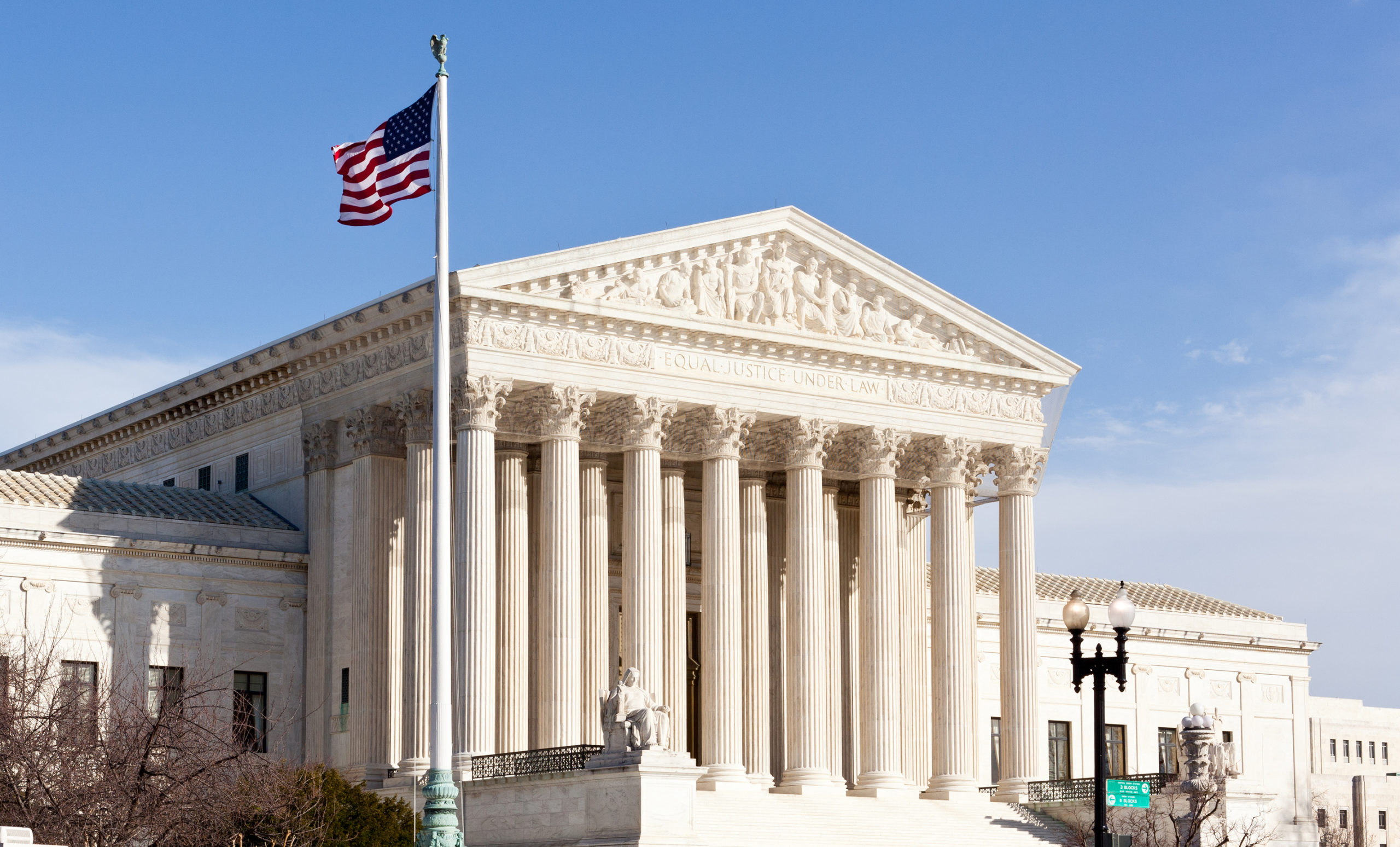Connect with us
Published
2 years agoon

Should employers be forced to reimburse workers for the cost of medical cannabis when used to treat job-related industries? That’s the question the U.S. Supreme Court must look into, regarding the case Musta v. Mendota Heights Dental Center.
State courts have come to conflicting conclusions on the topic, which has led advocates to push for intervention from the high court. Empire State NORML, the New York City Cannabis Industry Association and the Hudson Valley Cannabis Industry Association argued in a friend-of-the-court brief that justices should embrace an appeal out of Minnesota, using it to settle that broader conflict between state and federal cannabis laws.
They are looking beyond the issue of workers’ compensation reimbursements, instead focusing on the federal government and its inconsistency in enforcing cannabis laws, pointing to another option: overturning prohibition entirely.
The brief states, “This Court should take this opportunity to prevent the further spread of this insidious condition by invocation of the Doctrine of Estoppel. It should find that the Schedule I status of cannabis under the federal Controlled Substance Act is no longer enforceable. Doing so will cure the problem.”
The brief add that the “pernicious chafing” of state medical cannabis laws butting heads with the Schedule I designation for the past 25 years, “without proper attention and care,” is the root causes of the issue, additionally pointing out that 36 states have legalized cannabis in some form, calling state and federal court rulings “without protocol, prophylaxis to prevent further spread of the constitutional crisis, or enforced precedent which are the cornerstones of American jurisprudence.”
David C. Holland is a New York attorney and the executive director of Empire State NORML and filed the new brief. It goes on to argue that states shouldn’t have to settle these questions themselves, pointing to the “vast majority of states” that have found cannabis to be an effective medicine, passing legislation that contradicts the rules of the Controlled Substances Act (CSA) .
“It seems fundamentally unfair to place the onus on State Supreme Courts to have to make determinations about the applicability of federal preemption and determine the existence of a ‘positive conflict’ when the U.S. Attorney Generals have refused to do so for the past 25 years. The outcome from this festering wound is evident in the split decisions of the four Supreme Courts which are at issue here,” the brief states.
The case came about from a dispute regarding whether the CSA takes precedence over a Minnesota state law, which requires employers to reimburse workers for the cost of medical cannabis in treating a work-related injury. The Minnesota Supreme Court ruled in October that the CSA did prevent that reimbursement, and the ruling resulted in a split between state courts on the issue.
Minnesota isn’t the first to tackle this issue: The Maine Supreme Court came to a similar decision, while supreme courts in New Hampshire and New Jersey ruled that reimbursements to medical cannabis patients can go forward, regardless of federal prohibition.
The New Hampshire Associate Justice James Bassett wrote in the decision, “Accordingly, because the board found that Panaggio’s use of medical marijuana is reasonable, medically necessary, and causally related to his work injury, we hold that the board erred when it determined that the insurance carrier is prohibited from reimbursing Panaggio for the cost of purchasing medical marijuana.”
Though, they similarly said questions remain in regard to federal law, even though the precedent was set in regard to state law.
Susan Musta is the patient in the Minnesota case. She filed a brief in November asking the U.S. Supreme Court to tackle her case.
“Courts have been bedeviled with difficult questions regarding how to apply state marijuana laws in the shadow of the federal prohibition on marijuana,” her appeal states. “As more and more states legalize and regulate medical and recreational marijuana, cases raising these questions will multiply. This Court’s guidance on this important issue is urgently needed.”
Mendota Heights Dental Center must file a response to Musta’s request for the Supreme Court to take the case on January 14. Following that date, the justices will then decide whether or not they will hear the appeal.


Study Reveals State Cannabis Legalization Lowers Immigrant Deportation


DEA Challenges Bid To Use Psilocybin Under ‘Right To Try’ Legislation


Vegans Rejoice as Farmers Switch from Chickens to Hemp


Louisiana Legislative Committee Unanimously Passes Adult-Use Cannabis Framework Bill


Louisiana House Bill to Regulate Hemp Products Advances Along With Senate Bill to Ban


Cresco Labs Workers Reportedly De-Unionize
